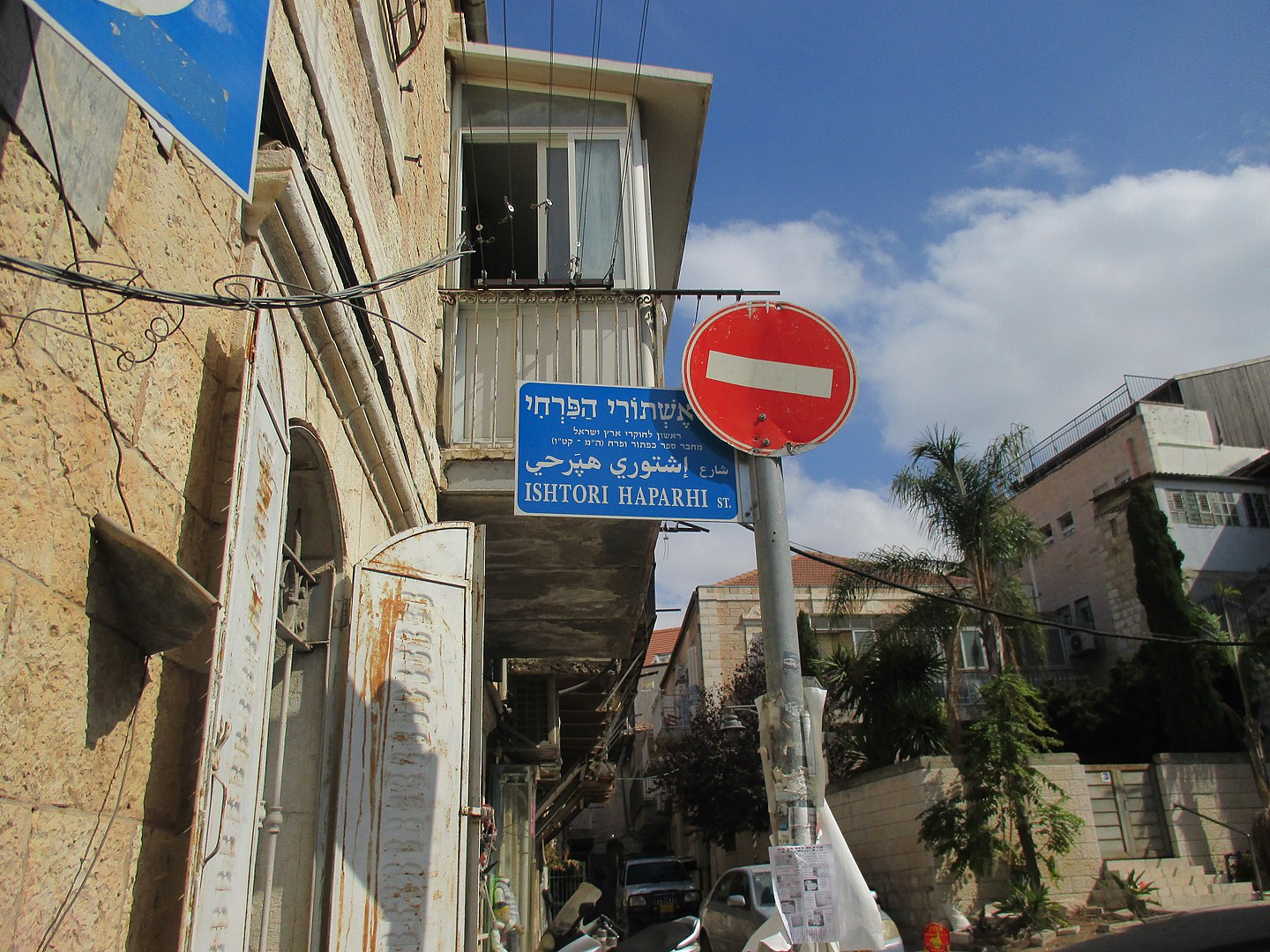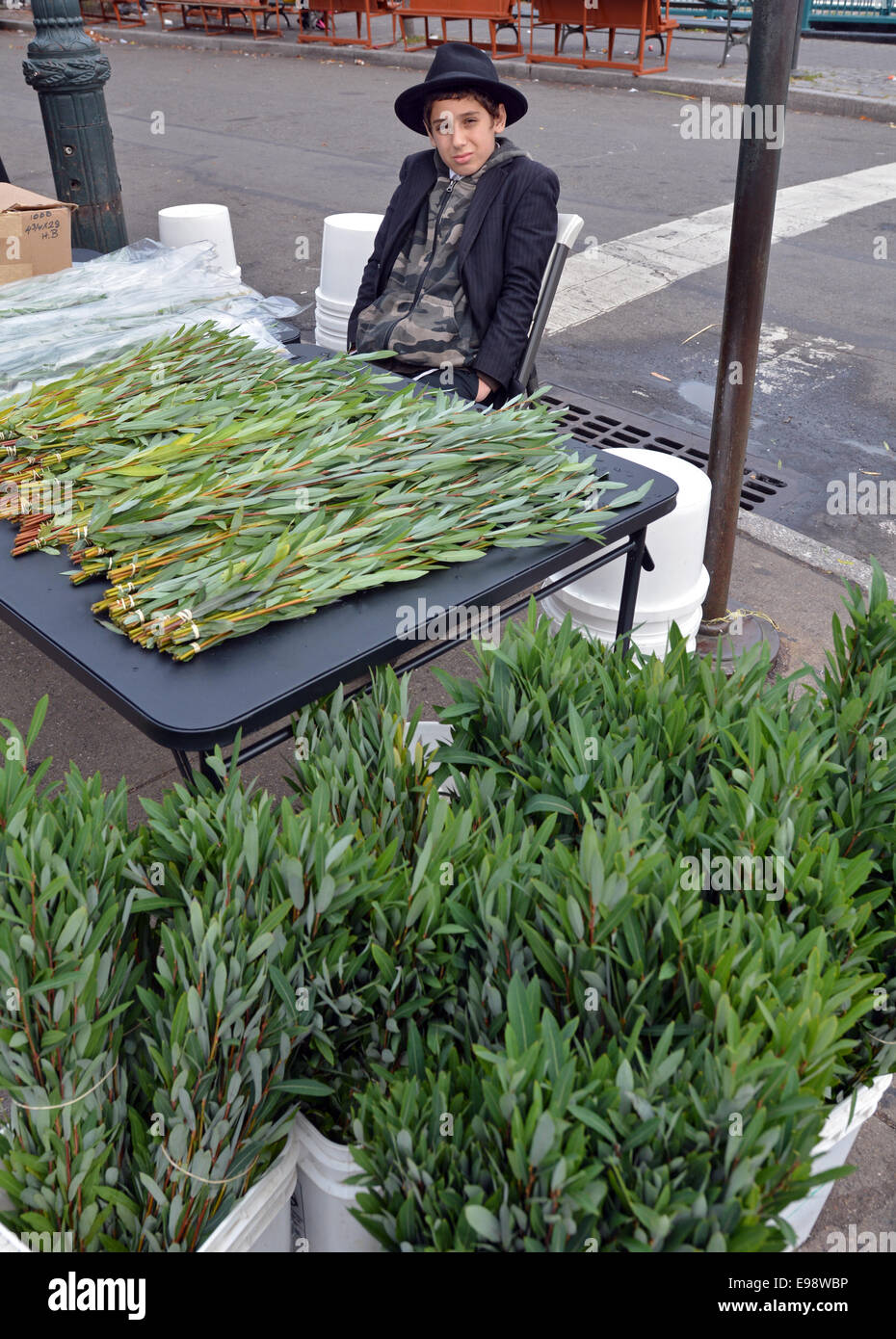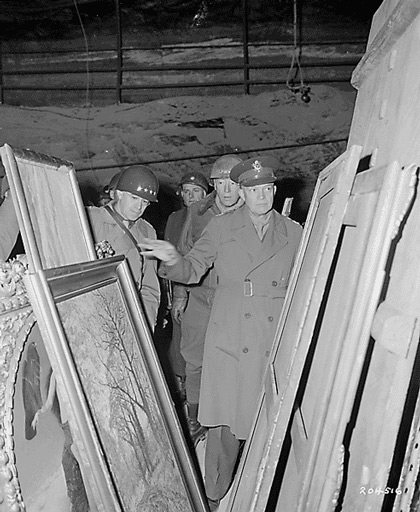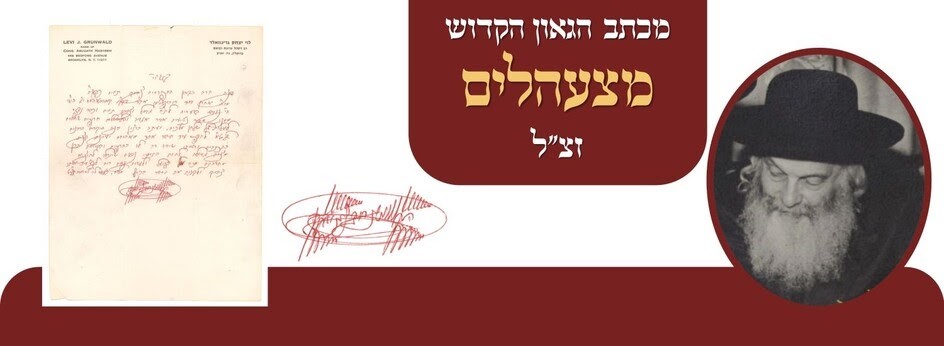BSD
Suka 30a
Kislev 26, 5782. November 30, 2021
1- We continued the topic of מצוה הבאה בעבירה.
The interesting משל of רשב”י explaining what is wrong in stealing to bring a Korbon using the warped logic that ‘everything belongs to G-D anyway’. So stealing and offering it to Him is no issue.
A parable of a king who was passing by a customs/toll booth. He said to his servants: Pay the toll to the taxmen. They said to him: Doesn’t all the tax in its entirety belong to you? If the taxes will ultimately reach the royal treasury, what is the point of you paying the levy?

He said to them: From my conduct, all travelers will learn and will not evade payment of the tax.
So too, the Holy One, Blessed be He, said: “I the Lord… hate robbery in a burnt-offering.” Although the whole world is His and the acquisitions of man have no impact upon Him, God says: From My conduct, My children will learn and distance themselves from robbery, even from robbery unrelated to the needs of offerings.
2- We mentioned the famed Jewish traveler, Ishtori Haparchi, [mentioned him in a Pesach Shiur about 6 years ago and here], who writes in his Book כפתור ופרח that a Lulav from a date tree that grew in Yerushalayim would be פסול because of מצוה הבאה בעבירה. What is the עבירה?

There was a תקנה enacted that no trees should be planted in Yerushalayim to avoid the spreading of טומאה. BK 82?. Therefore, using a לולב from such a tree is a מצוה הבאה בעבירה!!
3- We spoke about Rav Huna’s instructions to the wholesalers when purchasing hadasim from non-Jewish farmers that grew them in lands that (perhaps) were previously owned by Jews and forcibly taken away from them.

We digressed to the wide Halachic topic of assets that are lost during a war and found by others. The fact is that the owners, once they were expelled from their homes, in all likelihood gave up. יאוש. Their ownership is gone because they undoubtedly lost hope for recovery.

President Eisnhower surveying some of the artwork looted by the Nazis
See here
5 – Yiush is a big topic and we will discuss more bl”n next week.

6- Speaking about the story of Chana and her seven children, See Gitin 57, b. Medrash Eicha 1, 50, we mentioned the Ramban about the various מדרשים we have.
7 – We discussed the popular Chanukah song מעוז צור. Composed at the time of the terrible tragedies that Jews suffered in the hands of the crusaders ימ”ש.
Mentioned that whereas the song was composed in the 13th century, the last stanza only appeared a few hundred years later.
Some suggest the reason is due to the multiple hidden messages, in this stanza, lashing out against the individual and his religion that caused this great calamity with the massacres perpetrated by the crusaders
Here is an interesting article on this.
8- Regarding בְּצֵל צַלְמוֹן, (see below) which is perhaps an allusion to the cross, צלם in Hebrew, we mentioned the Rov of the city of Tzeilim. If one searches the map there is no such city in existence. The name of the city where he was Rov actually is Deutschkreutz. Meaning German Cross.
Jews, unwilling to utter the real city name, created a new one! They used a different name……Tzeilim!


בס”ד
חנוכה תשפ”ב
Last stanza of מעוז צור
חֲשׂוֹף זרוֹע קָדְשֶׁךָ
וְקָרֵב קֵץ הַיְשׁוּעָה
Expose your holy arm,
And bring the end of the redemption
(yeshua. an allusion to אותו האיש).
נְקֹם נִקְמַת עֲבָדֶיךָ
מֵאֻמָּה הָרְשָׁעָה
Avenge the abuse of your servants
From the wicked nation.
(Alluding to Rome and נצרות)
כִּי אָרְכָה לָנוּ הַיְשׁוּעָה
וְאֵין קֵץ לִימֵי הָרָעָה
For the redemption has been long delayed,
And there is no end to the days of misery.
דְּחֵה אַדְמוֹן
בְּצֵל צַלְמוֹן
Reject Edom
In the shadow of tzalmon
(Alluding to people who worship a cross)
הָקֵם לָנוּ רוֹעִים שִׁבְעָה
and set up for us the seven shepherds.